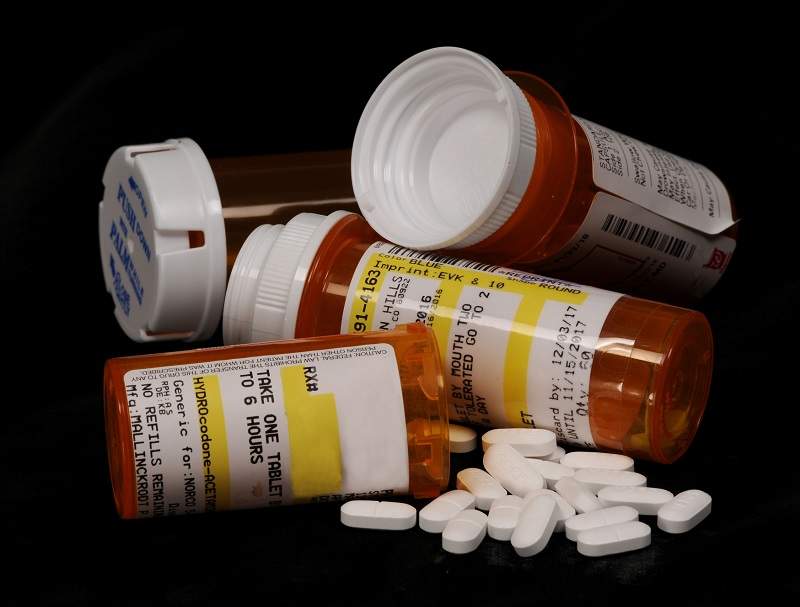
The US Drug Enforcement Agency (DEA) has proposed stricter rules for the manufacture of prescription opioids by drug makers.
The agency has proposed setting production quotas for each class of controlled substances to reflect ‘changing patterns of substance abuse and markets in illicit drugs’. The changes would limit the amount of opioid drugs a drug maker could manufacture each year, and are designed to prevent the accumulation of controlled substances beyond ‘legitimate need’.

Discover B2B Marketing That Performs
Combine business intelligence and editorial excellence to reach engaged professionals across 36 leading media platforms.
According to a document published by the DEA, the agency is seeking to strengthen controls over the ‘diversion of controlled substances’ and ‘make other improvements in the quota management regulatory system for the production, manufacturing, and procurement of controlled substances’.
Under the proposed changes, companies would be required to submit final aggregate production quota orders, which would then be assessed to ensure that they were in line with the country’s legitimate need. The DEA would have the right to reduce a company’s opioid production if it believed the drugs were being misused.
The plans were announced in a speech made by attorney general Jeff Sessions to the National Alliance for Drug Endangered Children, who said: “Under this proposed new rule, if DEA believes that a company’s opioids are being diverted for misuse, then they will reduce the amount of opioids that company can make.”
Sessions also announced the development of a database to monitor whether opioids were being misused or overprescribed and an agreement with 48 attorneys general to share prescription drug information.

US Tariffs are shifting - will you react or anticipate?
Don’t let policy changes catch you off guard. Stay proactive with real-time data and expert analysis.
By GlobalData“They can tell us which physicians are writing opioid prescriptions at a rate that far exceeds their peers; how many of a doctor’s patients died within 60 days of an opioid prescription; the average age of the patients receiving these prescriptions; pharmacies that are dispensing disproportionately large amounts of opioids; and regional hot spots for opioid issues,” Sessions added.
Of the 42,000 overdose deaths in the US in 2016, 40% were caused by prescription opioids. In 2015, there were 240 million opioid prescriptions dispensed the US, nearly one for every adult in the general population, suggesting that over-prescription is a major contributor to the ongoing opioid crisis.
Drug companies have also been widely criticised over their role in the crisis, with numerous companies currently facing legal action. The DEA is facing a lawsuit of its own, after the attorney general of West Virginia accused the agency of allowing drug companies to decide their own quotas.




